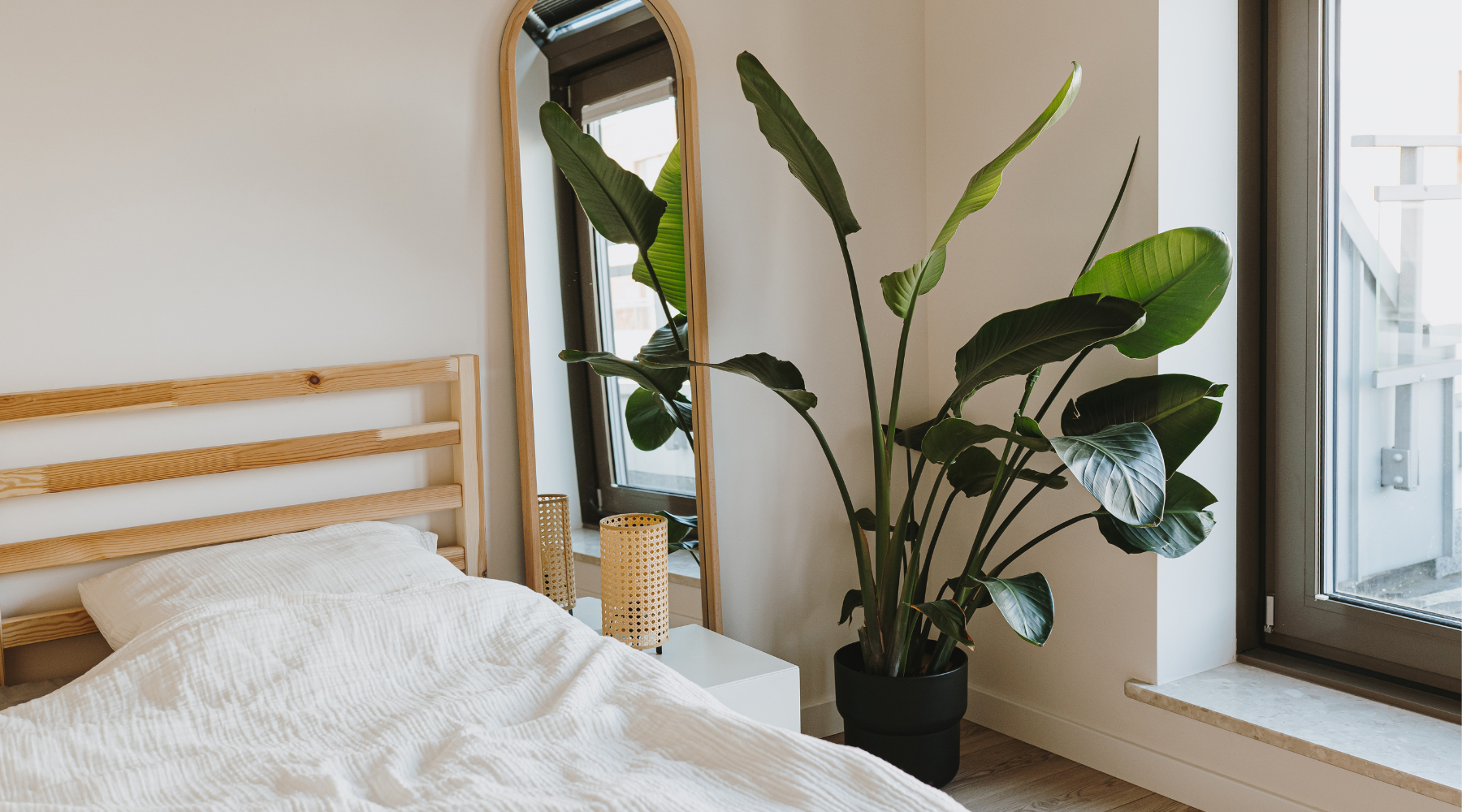Introduction
If you’ve ever felt frustrated by sheets that pill, fade, or tear after just a few washes, you’re not alone. Many synthetic bedding sets look good at first but quickly lose their quality. The good news? Organic bedding is different. With stronger fibres, eco-friendly production, and the right care, it lasts significantly longer while feeling softer with every wash.
At Ethical Bedding, we design luxury bedding that balances comfort, sustainability, and durability. In this guide, you’ll discover why organic bedding is built to last, the common mistakes that shorten its lifespan, and simple care tips to keep your sheets, duvets, and pillowcases in top condition for years to come.
What Makes Organic Bedding Different
Organic bedding is crafted from natural fibres such as organic cotton, bamboo, and eucalyptus. Unlike conventional bedding made from synthetic fibres, these materials are grown without pesticides or harsh chemicals that weaken the structure of the fabric.
-
Longer fibres: Organic cotton and eucalyptus fibres are naturally longer and stronger, which means fewer loose ends and less breakage.
-
Chemical-free softness: No need for artificial softeners that wash out over time - organic fibres stay smooth and comfortable.
-
Breathability: Because natural fibres allow airflow, they resist the moisture build-up that often damages synthetic bedding.
For a deeper look at eucalyptus as a fabric, you might enjoy our guide on Eucalyptus Bedding: Worth the Hype? Here’s What You Need to Know
Why Organic Bedding Lasts Longer
When it comes to bedding, longevity is about more than just thread count. Organic fibres are inherently more resilient than synthetic blends, meaning they can withstand nightly use without losing their integrity.
-
Thread quality: Organic cotton and eucalyptus fibres are spun into durable threads that stay intact longer than polyester blends.
-
Resistance to pilling: Synthetics often pill after a few washes, while organic fibres remain smooth.
-
Tear resistance: Natural long-staple fibres are less likely to fray or rip.
-
Gentle on skin: Because organic fabrics are hypoallergenic, they don’t require frequent harsh washing to remove irritants.
Organic vs Synthetic Bedding: A Quick Comparison

Want to learn more about fabric performance? Our blog on Percale Vs Sateen explores two popular organic weaves and how they stand the test of time.
Common Mistakes That Shorten Bedding Lifespan
Even the highest-quality sheets won’t last forever if they’re cared for incorrectly. Here are the most common culprits behind premature fabric damage:
-
Over-washing: Frequent washes at high heat can weaken fibres.
-
Harsh detergents: Bleach and chemical-laden detergents strip fibres of their natural resilience.
-
High-heat drying: Tumble dryers at maximum heat can shrink, warp, or break down fabric.
-
Single-set overuse: Using the same bedding set every night without rotation leads to faster wear.
Tip: Rotate between at least two or three sets. This gives each set time to recover and ensures your organic bedding lasts longer.
How to Care for Organic Bedding Properly
The secret to long-lasting bedding is not complicated. With a few easy steps, you can preserve the softness and strength of your organic sheets, duvets, and pillowcases:
Washing
-
Wash on a gentle cycle with cold or lukewarm water.
-
Use eco-friendly, mild detergents without bleach or enzymes.
-
Wash bedding separately from clothes to prevent zippers or rough fabrics from snagging.
-
Example: If you spill coffee on your sheet, treat the stain with a mix of mild detergent and cool water before washing - never scrub, as this can damage fibres.
Drying
-
Air-dry whenever possible to preserve fibres.
-
If tumble drying, use a low-heat setting and remove promptly.
-
Shake out sheets before hanging to reduce creases.
Storage
-
Store bedding in a cool, dry cupboard.
-
Use breathable cotton storage bags rather than plastic containers, which can trap moisture.
Seasonal Care
-
In summer, rotate lighter eucalyptus or bamboo bedding for better airflow.
-
In winter, switch to organic cotton or layered duvets for warmth.
-
Example: Wash bedding every 1-2 weeks in summer when sweat and pollen are higher, and every 2-3 weeks in cooler months if you shower before bed.
Eco-Benefits of Longer-Lasting Bedding
Durability doesn’t just save you money - it also supports a healthier planet.
-
Less landfill waste: In the UK alone, an estimated 300,000 tonnes of textiles are sent to landfill every year. Choosing bedding that lasts twice as long halves your contribution to this waste.
-
Water savings: Eucalyptus requires 95% less water to produce than conventional cotton, and lasting longer compounds those savings.
-
Lower carbon footprint: Extending product life by just 9 months can reduce its environmental impact by up to 30%.
-
Biodegradability: Unlike polyester, which can take 200+ years to break down, organic fibres safely decompose at the end of their life cycle.
Best Organic Bedding Options for Durability
There are many organic bedding options to choose from that combines comfort, sustainability, and resilience:
-
Eucalyptus Silk Bedding: Smooth, breathable, and resistant to wear - perfect for hot sleepers.
-
Organic Bamboo Bedding: Luxuriously soft and naturally strong, ideal for year-round use.
-
Organic Cotton Bedding: Crisp, cool, and long-lasting, crafted from high-quality organic cotton.
Conclusion
Organic bedding lasts longer than synthetic alternatives thanks to stronger fibres, eco-friendly production, and natural durability. With the right care - gentle washing, mindful drying, and proper storage - your sheets and duvets can stay fresh and comfortable for years.
If you’re ready to invest in bedding that feels better, lasts longer, and supports the planet, explore our Organic Bedding Collection here.








Share:
How to Choose the Right Pillow for Neck & Back Pain
Best Mattress Protectors: Waterproof, Organic & Breathable